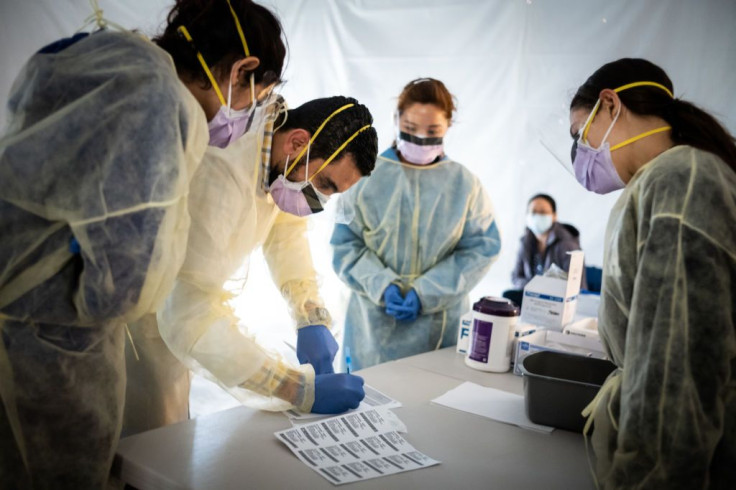A Turkish man with leukemia has been stuck in quarantine for 14 months since he first tested positive for Covid-19 in November 2020. When Muzaffer Kayasan first contracted the virus, he did not experience severe symptoms and was discharged soon from the hospital and made to isolate and recover from the infection at his home in Istanbul.
According to the Mirror, since going into isolation at his home he has failed to get a negative result from all the series of lateral flow tests and tested positive for 78 days in a row. Muzaffer has spent a total of nine months in hospital and another five months of self-isolation at home.
Since he first caught the virus, 56-year-old Muzaffer has been unable to physically spend time with his wife and son, although they have been allowed to visit. Muzaffer’s situation is considered to be a rare occurrence, but scientists who have conducted studies say this is a clear indication that the virus still lingers in the system and continues to be detected by tests depending on their level of sensitivity.
“I was recovered, but I still have the remnants of COVID-19 in my body. This is the only explanation I was given for the positive tests,” Muzaffer explained. Holding on to humor in an effort to dispel his frustrations, the disheartened man joked, “Even a cat passing by the window can infect me.”
He lamented over his situation although he said he has no problem with it other than not being able to exchange any form of physical contact with his family. His medical condition made circumstances even more difficult as he cannot receive Covid-19 vaccinations.
Scientists and researchers at the lab of Whitehead Institute Member confirmed that sequences from the coronavirus can fuse with human host cells in a process called reverse transcription that allows the virus to stay in the body without the patient experiencing any symptoms. PCR tests have shown to be more sensitive at detecting viral loads compared to lateral flow tests and health experts maintain that lateral flows work better in people who are asymptomatic. Furthermore, they added that around 8% of our DNA retains genomes from old viruses.
As stress levels increase in the body, such genomes can be activated by a virus and affect the body’s immune system in an effort to fight it off. This they explained can be attributed to a high heart rate in persons with Covid-19.

© 2025 Latin Times. All rights reserved. Do not reproduce without permission.





